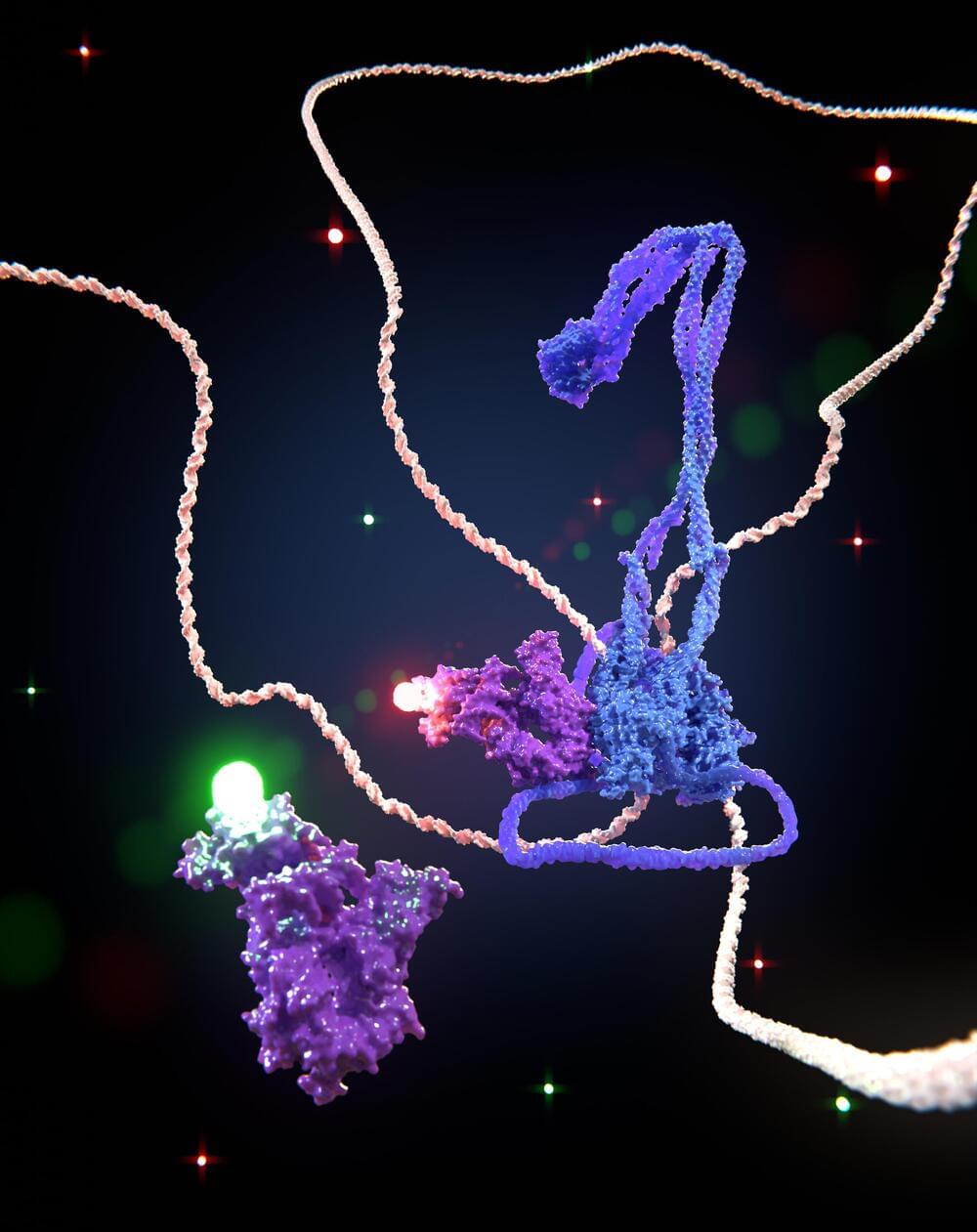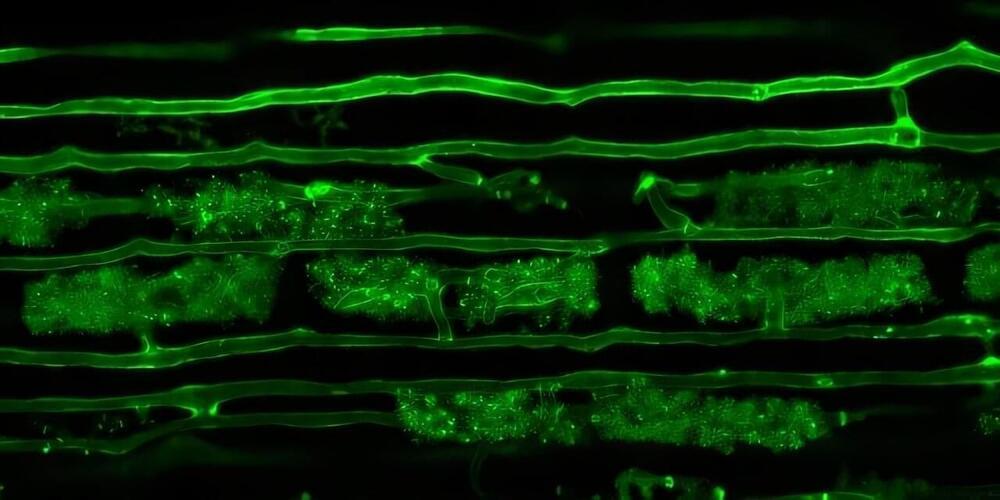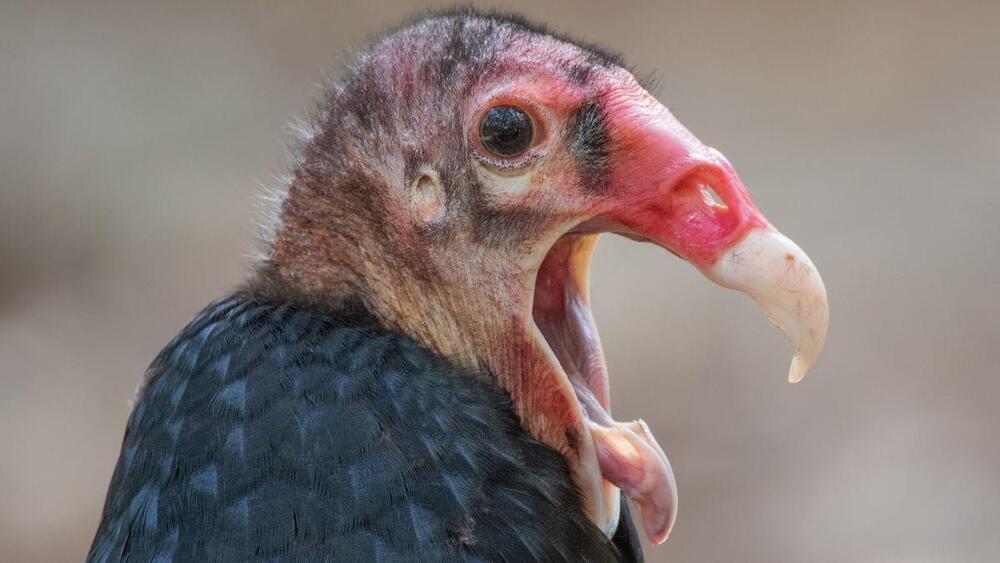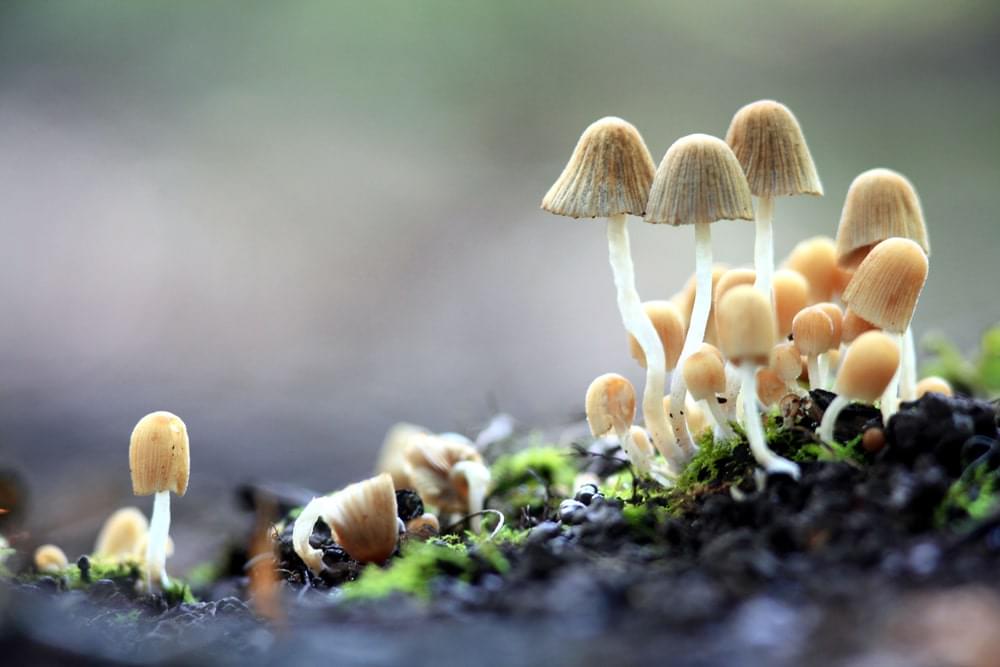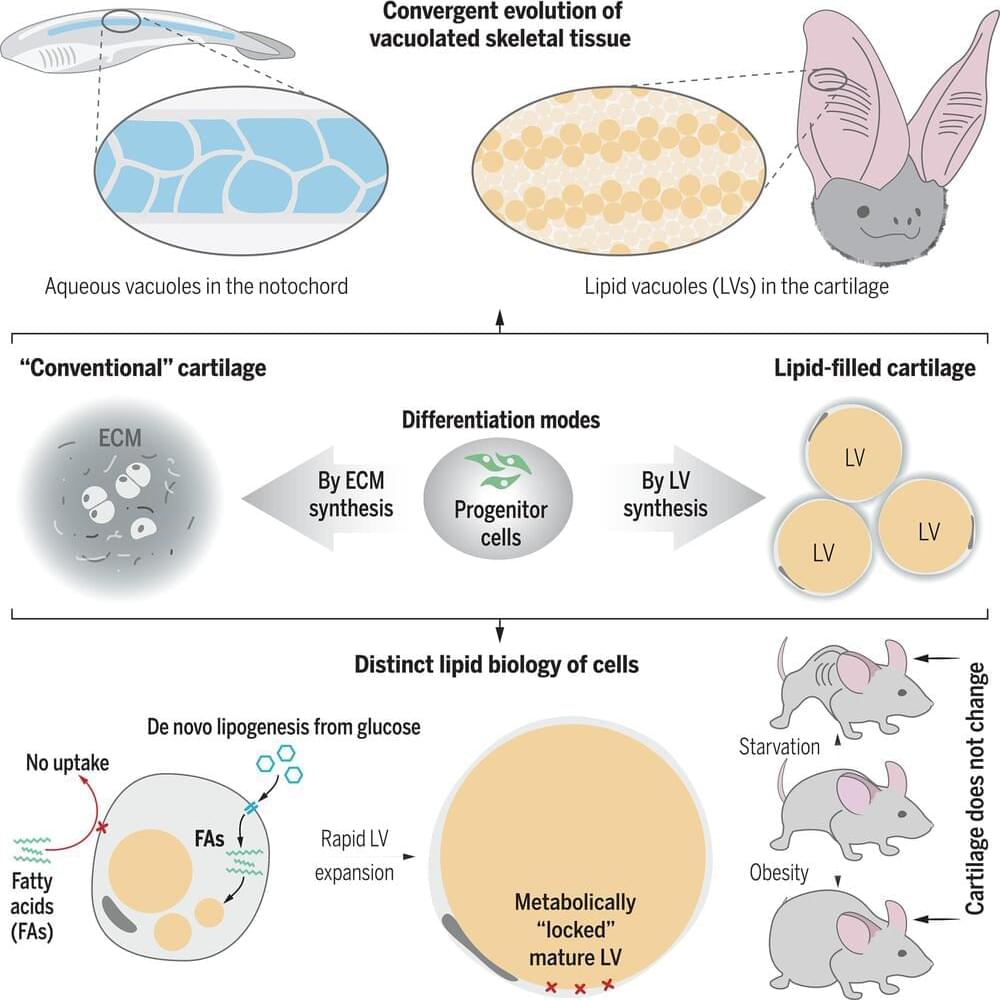Scientists from Delft, Vienna, and Lausanne discovered that the protein machines that shape our DNA can switch direction. Until now, researchers believed that these so-called SMC motors that make loops into DNA could move in one direction only. The discovery, which is published in Cell, is key to understanding how these motors shape our genome and regulate our genes.
“Sometimes, a cell needs to be quick in changing which genes should be expressed and which ones should be turned off, for example in response to food, alcohol or heat. To turn genes off and on, cells use Structural Maintenance of Chromosomes (SMC) motors that act like switches to connect different parts of DNA,” first author Roman Barth explains.
“However, SMC machines don’t naturally know which parts to connect. They simply load somewhere on the DNA and start shaping it into a loop until they reach a point where they are forced to stop. That’s why they rely heavily on the ability to explore both sides of the DNA to find the right stop signs.”
